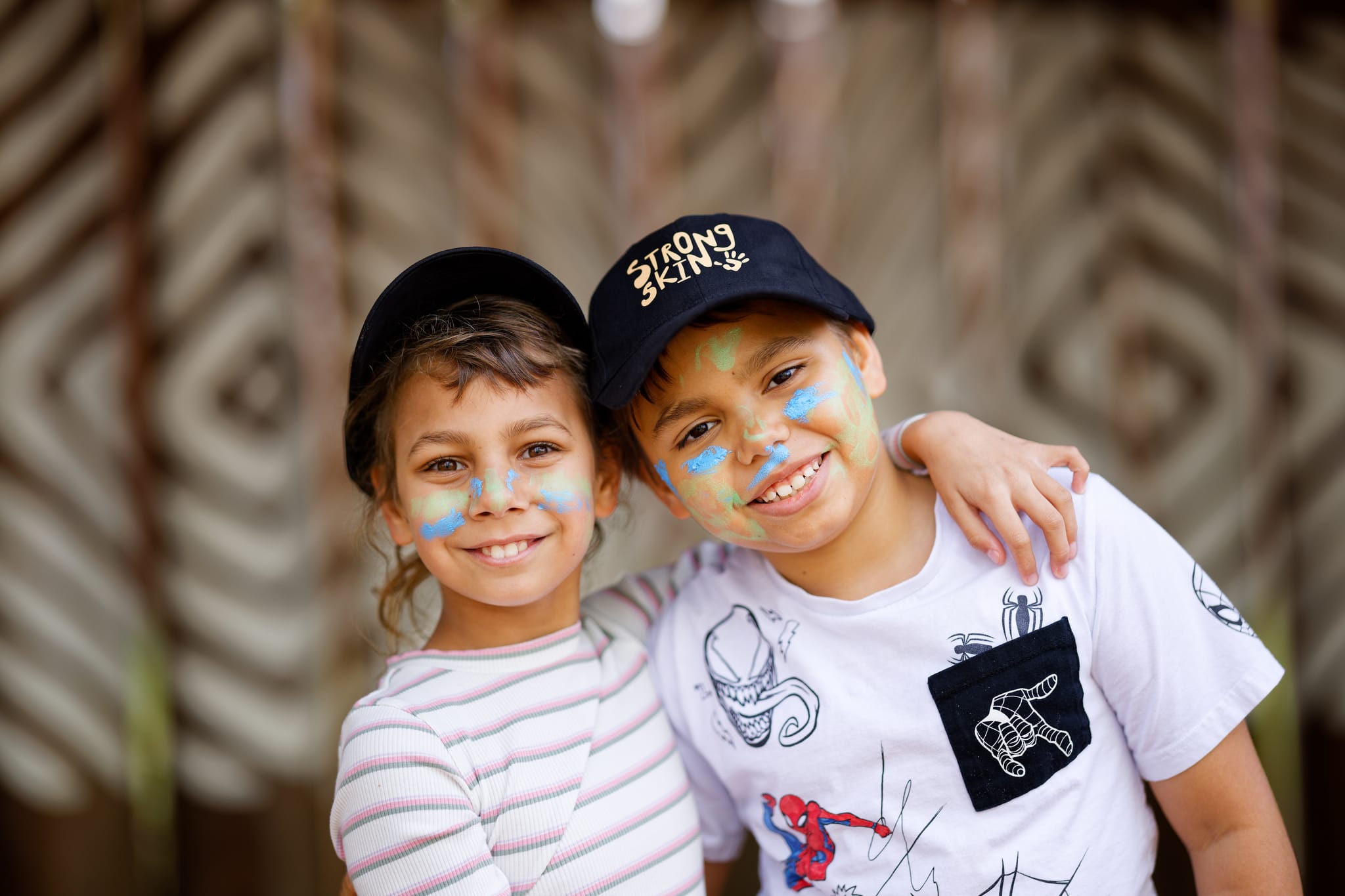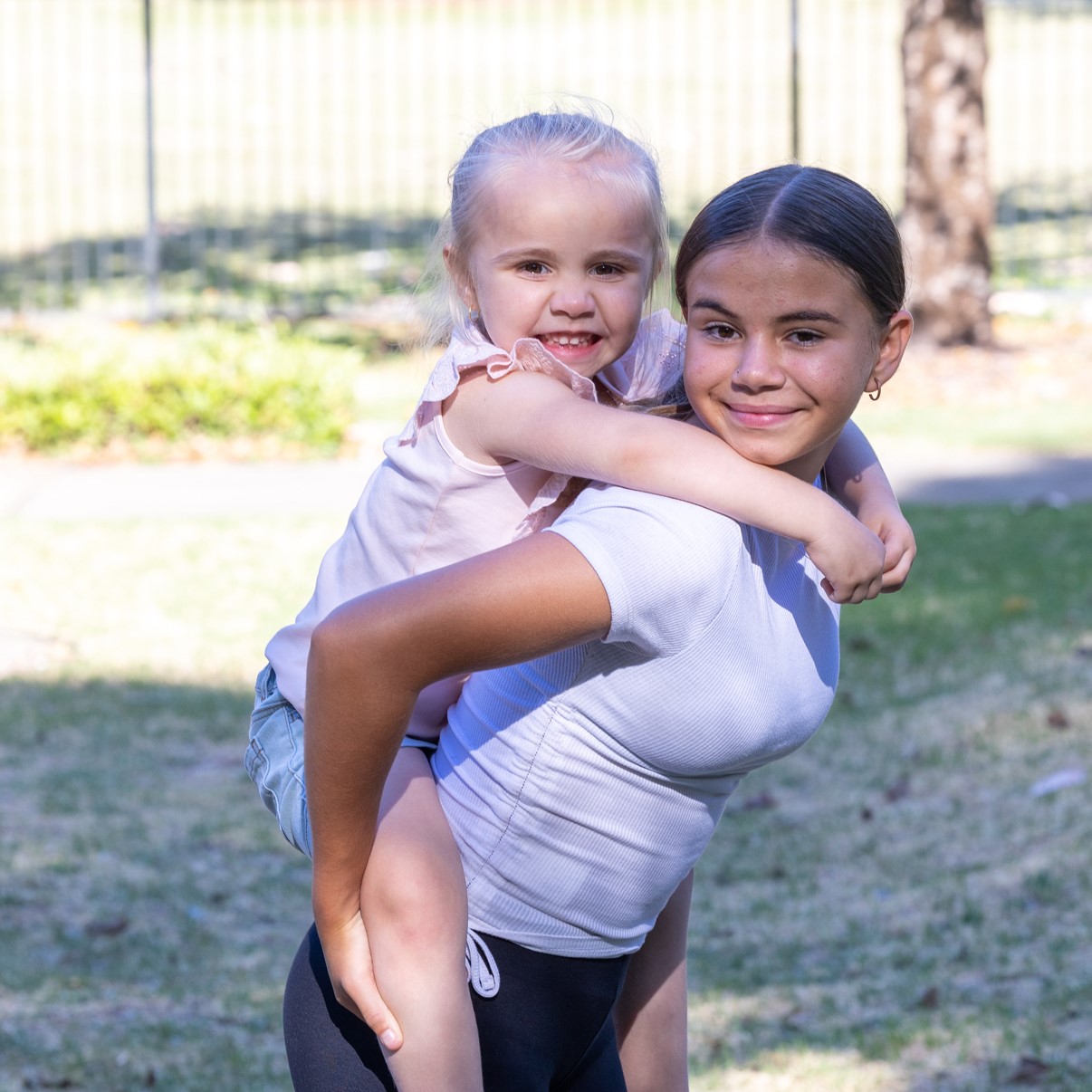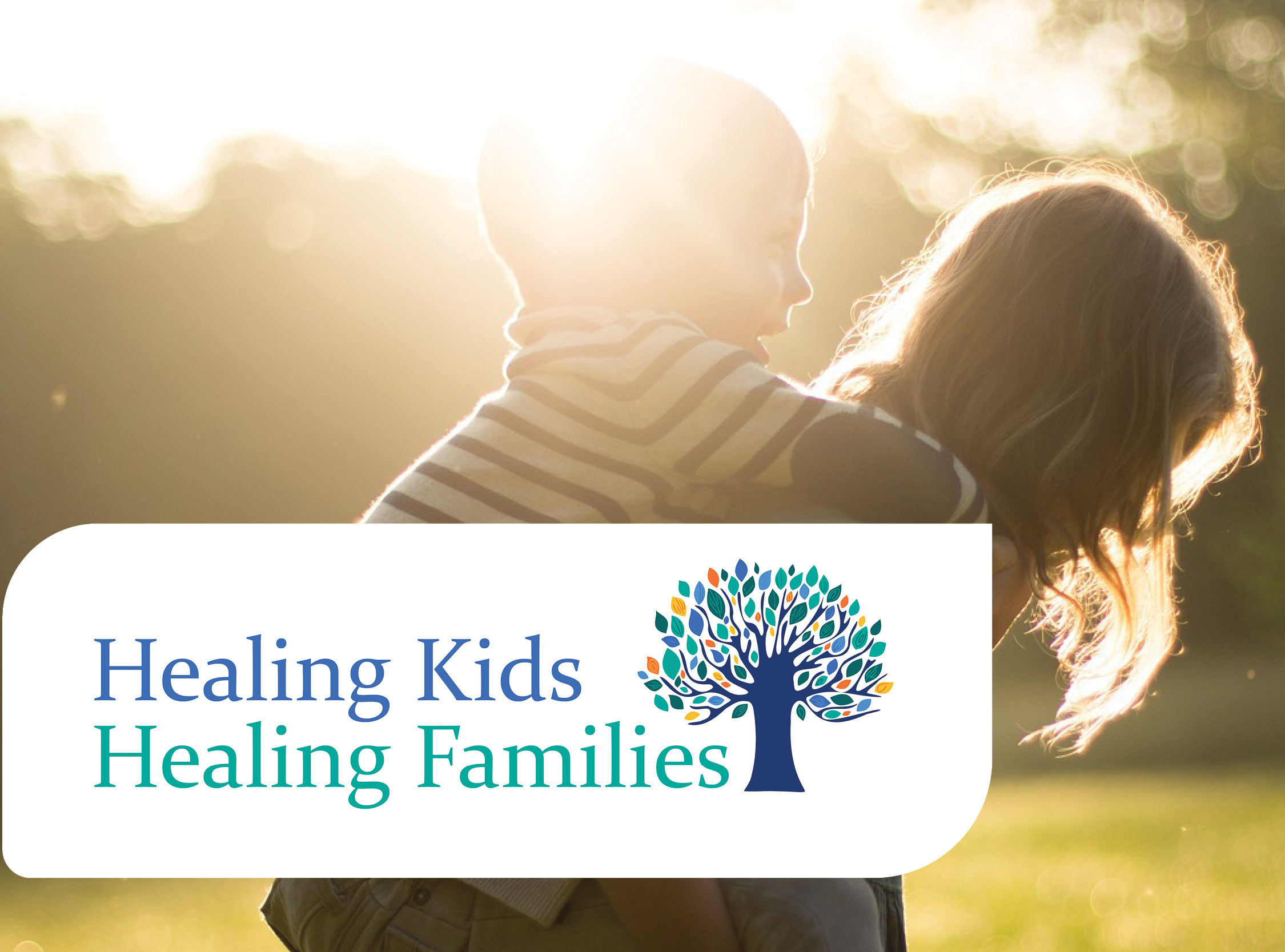Search
Research
Characterising the development of molecular and hormonal circadian rhythm development in preterm infantsJane Pillow BMedSci (Dist) MBBS, PhD (Dist) FRACP Head, Developmental Chronobiology jane.pillow@thekids.org.au Head, Developmental Chronobiology
Research
The application of environmental health assessment strategies to detect Streptococcus pyogenes in Kimberley school classroomsChildren spend almost one-third of their waking hours at school. Streptococcus pyogenes (Strep A) is a common childhood bacterial infection that can progress to causing serious disease. We aimed to detect Strep A in classrooms by using environmental settle plates and swabbing of high-touch surfaces in two remote schools in the Kimberley, Western Australia.

News & Events
Major NHMRC grant prioritises strong skin for Aboriginal childrenEfforts to improve health outcomes for Aboriginal children have been accelerated thanks to almost $1 million in National Health and Medical Research Council (NHMRC) funds awarded to skin health researchers at The Kids Research Institute Australia.
Research
Gender-Neutral Toilets: A Qualitative Exploration of Inclusive School Environments for Sexuality and Gender Diverse Youth in Western AustraliaSchool toilets have been identified by sexuality and gender diverse (SGD) students as the least safe spaces in educational institutions. They are sites of verbal, physical and sexual victimisation.
Research
Infection Transmission in Early Childhood Education and Care: a mixed methods study to inform future interventionsThe COVID-19 pandemic has exposed many uncertainties and incorrect assumptions about respiratory pathogen transmission.

The Indigenous Genomics Group aims to build Indigenous leadership in genomic and data sciences, precision health, and ethics to improve health equity and the wellbeing of Indigenous people, families and communities.
Research
#TraumaTok-TikTok Videos Relating to Trauma: Content AnalysisExperiencing a traumatic event can significantly impact mental and emotional well-being. Social media platforms offer spaces for sharing stories, seeking support, and accessing psychoeducation. TikTok (ByteDance), a rapidly growing social media platform, is increasingly used for advice, validation, and information, although the content of this requires further study.

The Healing Kids, Healing Families team strives to understand how trauma and adverse circumstances can impact a child and their family, and how we can help them to recover from these experiences.
Research
Low-intensity parent- and clinician-delivered support for young autistic children in Aotearoa New Zealand: a randomised controlled trialAotearoa New Zealand does not provide publicly-funded intensive autism support. While parent-mediated supports are promising, children and families may also benefit from direct clinician support. We tested the efficacy of a low-intensity programme involving parent- and clinician-delivered support for autistic children.
Research
Public health impact of current and proposed age-expanded perennial malaria chemoprevention: a modelling studyIn 2022, the World Health Organization extended their guidelines for perennial malaria chemoprevention (PMC) from infants to children up to 24 months old. However, evidence for PMC's public health impact is primarily limited to children under 15 months. Further research is needed to assess the public health impact and cost-effectiveness of PMC, and the added benefit of further age-expansion. We integrated an individual-based model of malaria with pharmacological models of drug action to address these questions for PMC and a proposed age-expanded schedule (referred as PMC+, for children 03-36 months).
